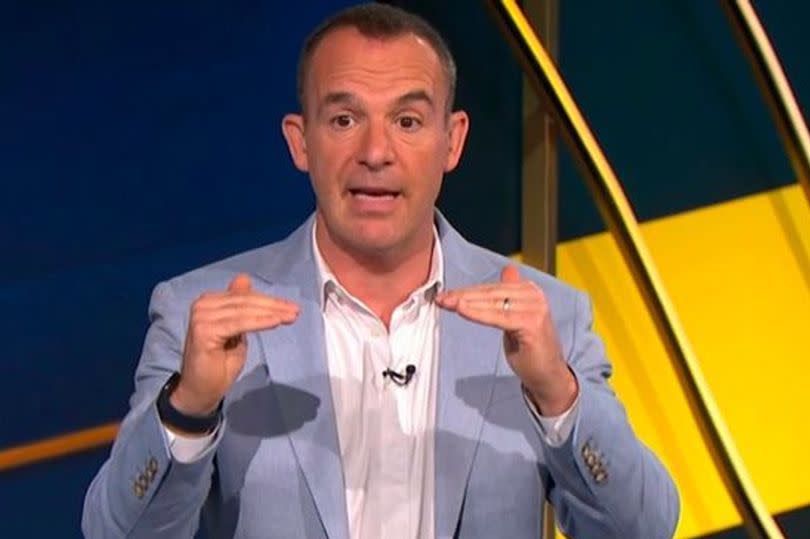Martin Lewis warns of 'annoying £1 tax pitfall' and how savers can avoid it

Martin Lewis has warned taxpayers that just an additional £1 in income or interest could push them over the "cliff's edge" of income tax, but also offered some tips to avoid such a fall. On the Not the Martin Lewis Podcast, he and his team of experts responded to a caller named Helen who had a question about her income tax as she was on the brink of moving into the higher tax rate band.
Alongside esteemed tax specialists Kari Mellon and Rebecca Benneyworth, the Money Saving Expert expressed his frustration at the sharp, sudden leap represented by the income tax brackets and outlined how workers could sidestep higher rates. Helen highlighted that transitioning to the higher tax rate band would raise her income tax to 40%, while also reducing her personal savings allowance - it would decrease to merely £500 of yearly tax-free savings interest, down from £1,000.
Read more: Dunelm 'gorgeous' summer bedding fans say 'instantly brightens up room' now £11 in sale
Read next: Antler launch huge 20 per cent off sale including Jet2 and easyJet-approved cabin bags
Rebecca agreed with Helen's interpretation, stating: "There are quite a few of these cliff edges in the tax system... If you earn an extra pound of income, all of a sudden you've lost £500 of exemption." She suggested that Helen withdraw some cash from her savings to evade the tax on her interest or think about "moving some to a lower interest rate account".
Martin, expanding on her options, suggested she could also channel more of her income into her pension, thereby avoiding the higher tax rate altogether. The current upper threshold is £50,270 for earnings from both employment and savings interest in relation to the basic rate of income tax, reports the Mirror.
He explained: "Let me give you a scenario on this, if your income from work is £49,350 and your interest from savings is £900 then your total income is £50,250 which is £20 below the 40% rate. That means, all of your savings are within your personal savings allowance and all of them are tax-free.
"Now let's imagine you earn £30 more interest, so you still earn from work £49,350 but your interest from savings is £930. Your total income is now £50,280. You are now a higher-rate taxpayer under the law. So your personal savings allowance is now just £500. On your £930 of interest, £500 is tax-free, £420 is taxed at 20% and £10 is taxed at 40%."
Drawing a comparison between the two scenarios, Martin emphasised: "You only get £842 take-home interest on £930. You got £900 take-home interest on £900. So you would've been better to earn less interest."
He highlighted that Helen could also put the extra money into a cash ISA, which is inherently tax-free, and criticised the "annoying cliff edge".

 Yahoo News
Yahoo News 
